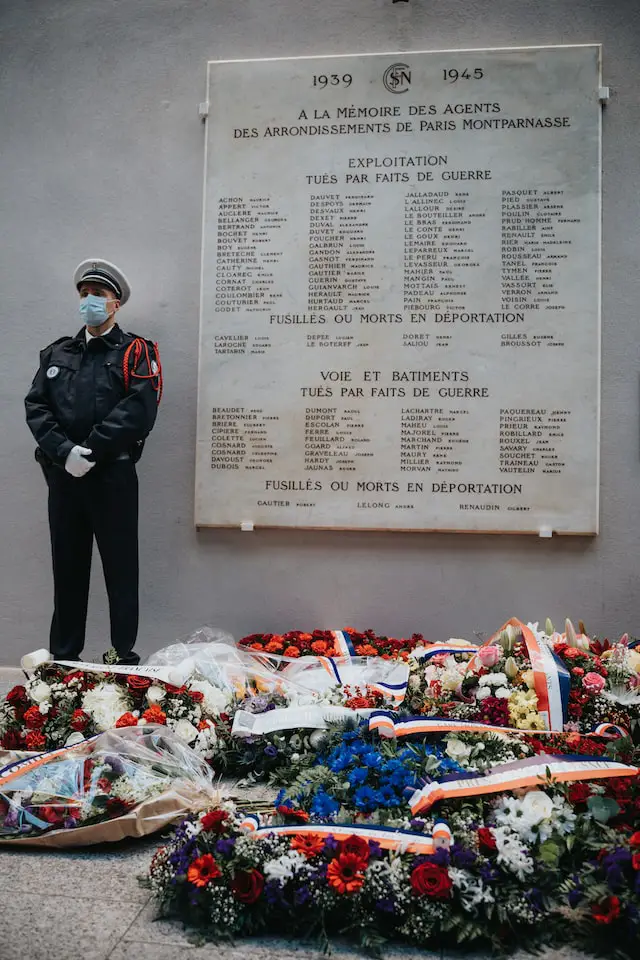Commemoration is about remembering and honouring an event or person. A memorial is an object, such as a monument or plaque, that serves as a reminder of a person or event.
What is commemoration?
Commemoration is the act of remembering and honouring a person or event. It usually happens every year. A commemoration is an act of remembering a person or event. The word comes from the Latin com-, meaning “together,” and memorare, meaning “to remember.”
What is a memorial?
A memorial is an object, place, or event that commemorates a person or event. The word comes from the Latin word “memo”, meaning “which is to be to remembered.”
Commemoration and memorial – Key differences
Commemorations are often celebrations, with food, drink, and festivities. They can be held on the anniversary of the event being commemorated. For example, many countries have national days to commemorate their founding or independence. Memorials, on the other hand, tend to be more sombre affairs. They are usually erected to remind viewers of tragic events such as wars or natural disasters.
Can you commemorate a living person?
Yes, you can commemorate a living person. There are many ways to do this, such as holding a special event in their honour or creating a physical tribute (like a plaque or statue). The key difference between commemoration and memorialization is that commemorations are done while the person is still alive, while memorials are created after someone has died.
Examples of commemoration and memorial
There are many ways to commemorate and remember someone or something. Here are a few examples:
-Build a monument or statue in honour of the person or event
-Name a building, street, park, etc. after the person or event
-Have a public holiday in honour of the person or event
-Make a plaque with information about the person or event
-Hold an annual ceremony or service to remember the person or event









